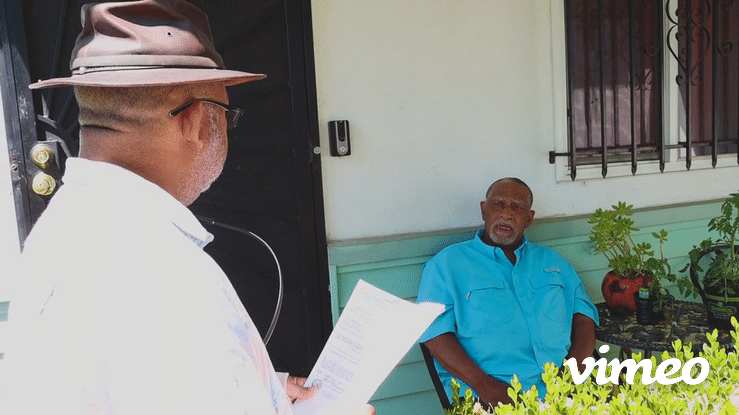How to Become a Process Server in California
Becoming a process server in California is a great way to work in the legal field without needing a law degree.
As a process server, you deliver important legal papers like summonses, subpoenas, and court notices to people involved in lawsuits.
If you want to know how to become a process server in California, you’ll need to register with your county and buy a $2,000 bond if you plan to serve more than 10 papers a year.
🎯 Want a complete guide to getting started?

Basic Requirements to Become a Process Server in California
You must meet these simple requirements:
Be at least 18 years old
Be a resident of California
Pass a background check and get fingerprinted
Register with the county clerk if you serve more than 10 papers a year
✅ Tip: No college degree or license is needed — just process server registration California law requires!
Steps to Register as a Process Server
Here’s how to complete your process server registration in California:
Fill out a registration form at your county clerk’s office.
Get fingerprinted at a Live Scan location.
Purchase a $2,000 process server bond from a surety bond company.
Pay the registration fee to the county (usually around $100–$200).
Take the oath of office and submit your paperwork.
🎓 Want step-by-step help?
Enroll in our Online Process Server Training Course to learn the process fast and avoid costly mistakes!
Why You Should Take Training
Even though California doesn’t require formal schooling, getting trained is one of the smartest things you can do.
Training helps you:
Understand California laws about serving papers
Avoid costly mistakes that could get you sued
Serve legal documents correctly and professionally
Start your business with confidence
🎯 Ready to become a professional?
Join our Online Process Server Training Course today and master how to become a process server in California the right way.
How Much Does It Cost to Become a Process Server?
Here’s a simple cost breakdown:
Live Scan Background Check: $75–$150
$2,000 Bond Premium: $50–$150 (covers 2 years)
County Registration Fee: $100–$200
Training (optional but highly recommended): Varies
In total, you can get started for around $300–$500.
Get More Clients After You Register
Once you’re officially registered, the next step is building your business!
✅ Grab your free Process Server Marketing Essentials Checklist to learn exactly how to:
Set up your business
Get your first paying clients
Grow your income fast
📘 Want even more tools?
Check out our powerful ebooks:
Start Your Process Server Career Today
You don’t have to figure out how to become a process server in California on your own.
🎯 Get your free guide:
Download How to Become a Process Server to learn all the steps in simple language.
🎓 Want personal training?
Join our Online Process Server Training Course and build your career the right way.
🚀 Get started today — your future as a process server in California is waiting!
